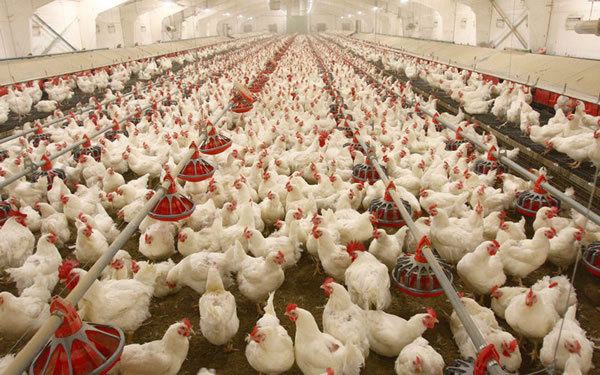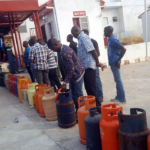
They also groaned over low patronage in the sale of birds in the market.
The farmers expressed their concerns and called on producers and suppliers to consider a reasonable intervention.
One of the farmers, Mrs Joy Felix, said that although poultry farming was a profitable business that involved a lot of capital, it had, however, suffered setbacks at the point of sales.
“You spend so much in setting up and most importantly the cost of feed hardly comes down once it goes up. Sometimes it suffers artificial scarcity and then a hike in price when it resurfaces.
“Once it is the fourth quarter of the year when a lot of people keep birds for either personal or commercial purposes during the Christmas season, the rush that comes with it gives the producers of these feeds a high advantage to make money and at the end of the day, you spend so much feeding these birds and then buyers bargain for less.
“It is somewhat frustrating. In the end, you may have to sell at a giveaway price so you do not lose.”
Felix added that the cost of drugs for the birds was another challenge to the farmers, who are forced to use organic methods to treat diseases in birds.
“We sometimes use medicinal plants like bitter leaves and pawpaw leaves to either treat minor infections or boost their feeding, except when the situation is severe and in dire need of a veterinarian,” she said.
She urged various farmers’ associations, as well as other stakeholders to intervene and assist in finding a lasting solution to the challenges, with the hope of easing the plight of the farmers.
Similarly, Mr Ayo Bamidele, another poultry farmer, said that the cost of chicken feeds is so high, ranging from N10,000 to N14,000 per 50kg bag in the last one month, depending on the brand and location of the farm.
According to Bamidele, a lot of farmers find it difficult to sell their birds during the festivities because there is usually more supply of the birds than demand for them.
He said: “The cost of feeds has made farmers put high prices on the birds yet, buyers do not have that kind of money to buy them.
“Some of us made good breeds grow well enough for the price we put but the buyers don’t know this, they have no idea what it takes to feed and make the birds gain weight.
“Also, with the economic situation, people want to buy but they don’t have the money. It is unfortunate. I wish we all could just help each other make things easy for ourselves.”
He, however, said that he was optimistic that he would make profitable sales against all odds, during and after the yuletide.
Mr Elimah Jacob, a distributor of poultry feeds in Bwari town, told NAN that the high cost of feed was not new but a challenge that usually came with the period of mass poultry farming, especially before December.
He also said that the increase in prices of the feeds was usually from companies that produce the goods, who, he added, also complained about either scarcity or shortage of raw materials for sufficient production.
Jacob also attributed the challenge to the cost of transportation from the suppliers to the distributors, which has risen a great deal.
“We pay for bags of feeds in millions and the transportation, which may be in one or more trailer vehicles, cost a fortune also.
“Most times, you pay in full, yet, it takes several weeks before your supplies arrive because the demand may be high at that moment and it takes turns to service distributors.
“By the time it finally gets to the point of sale, there is usually a rush for it,” Jacob said.
He noted that the prices, though not constant, may go lower after the Christmas celebration.
NAN





